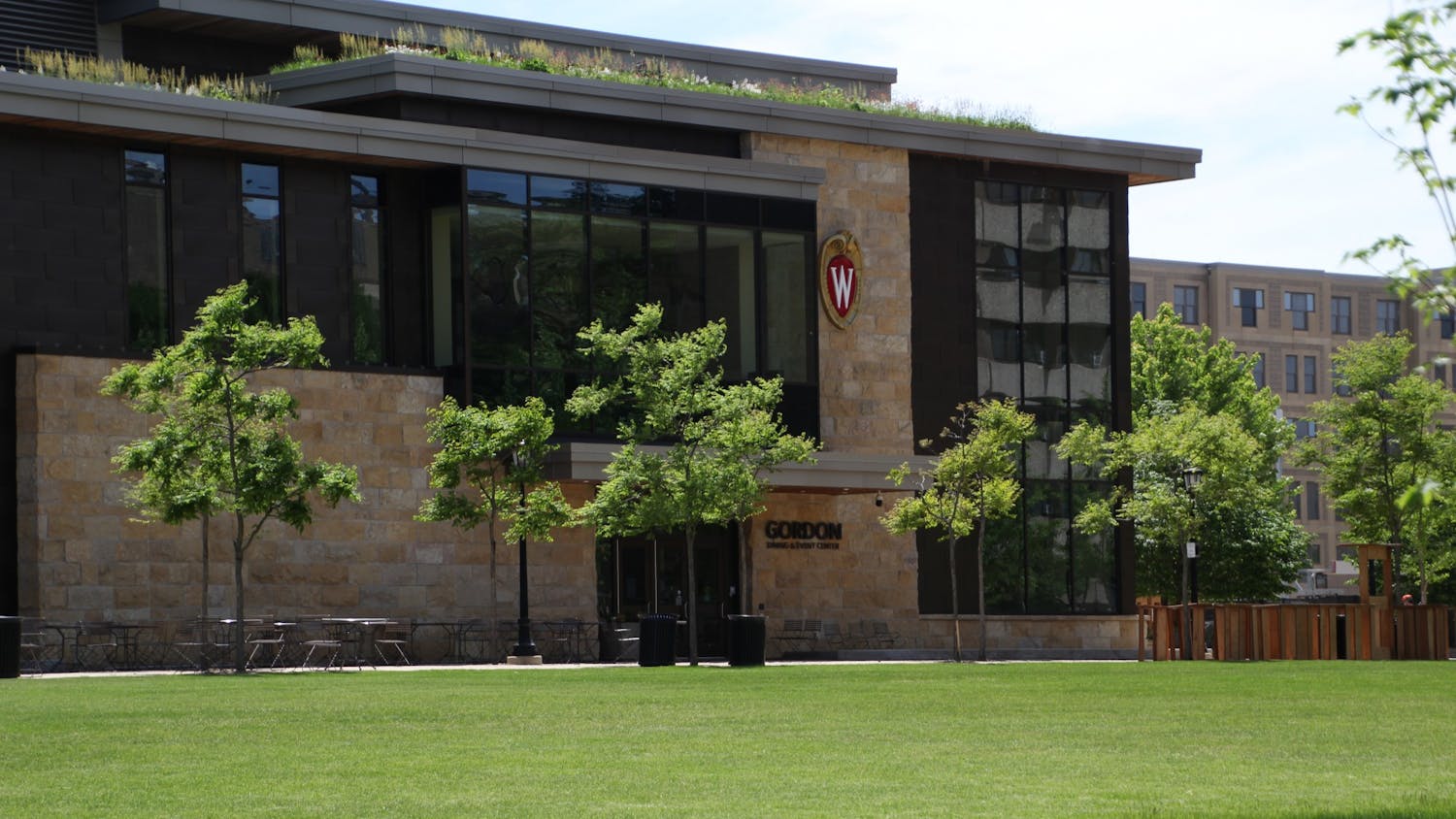The Associated Students of Madison (ASM) passed two bills at their meeting on Tuesday, Oct. 28, calling for continued employment and pay for University workers through the pandemic and for classes to be held asynchronously on Election Day next week.
After the open forum session, the meeting began with a special order presented by the University Labor Council (ULC) detailing UW-Madison’s institutional debt and debt servicing.
According to the presentation, UW-Madison has received declining state aid for the past 40 years. Meanwhile, tuition has increased by 56 percent since 2016, and in the last academic year the university allocated about three percent of UW-Madison's budget to paying off debts. ULC representative Eleni Schirmer explained that the university must find new ways to make up for mounting debts as a result.
“Institutional debt is basically the way that we can understand the response to decades of budget cuts,” Schirmer said. “This is part of a larger transition of what some economists and sociologists will frame street calls that transition from the tax state to the debt state, where money that used to be raised and distributed to public institutions through taxes is now procured by debt.”
As of June 30, 2019, the presentation also noted that the UW-System holds $1.62 billion in bonds and notes. They also have $29.4 million in capital lease obligations, or debt that UW owes for buildings that they are leasing, which is a 95 percent increase since 2009.
The special order also discussed how the COVID-19 pandemic creates new financial challenges for UW-Madison. At the last ASM Student Council meeting on Oct. 13, ASM proposed a bill calling for UW-Madison to continue to provide employment for UW-Madison employees, which passed at the meeting on Tuesday.
UW-Madison is one of the state’s largest employers, and employs over 14,000 workers. The UW Foundation, the organization that raises, distributes and invests the funds that support UW-Madison, holds $4.5 billion in net assets, with $194 million not use-restricted.
“UW’s priority seems to be about preserving high credit ratings and investing hundreds of millions of dollars into debt servicing rather than supporting the workers that allow for this institution to operate,” ASM Chair Matthew Mitnick said.
This bill follows Chancellor Rebecca Blank’s announcement on Monday regarding a second round of progressive furloughs and a move towards a $15 minimum wage for hourly employees, excluding temporary and student employees.
“Although we commend UW for implementing a progressive furlough system and $15 minimum wage for hourly employees (though not students or temporary workers), the University Labor Council’s presentation last night demonstrated how this institution can and must do more,” Mitnick said. “Worker protections should always be valued above profiteering.”
After the special orders were presented, ASM moved to pass another proposed bill, one that calls for the Office of the Provost to move all classes to be asynchronous on Tuesday, Oct. 3, for Election Day. If the bill passes, students will not be penalized for missing class and can plan to participate as poll workers, volunteers and even vote in-person if they hadn’t already done so.
One Pew Research Center study that the bill references found that throughout the last five presidential elections, registered voters cited being “too busy” or unable to vote in-person due to work or school schedule conflicts, as two of the top three reasons for not voting. ASM hopes the switch to asynchronous classes will encourage civic engagement on campus.
“I’m really excited by the action the Student Council took tonight to make voting more accessible to students,” ASM Vote Coordinator Ellen Abad Santos said.
According to a 2018 study done by the National Study of Learning, Voting, and Engagement, student voting rates at UW-Madison were up 17.3 percent since 2014, with 52.9 percent of the student body voting. This same study found that, of the 34,629 eligible voters on campus, 73.5 percent registered to vote in 2018.
“In an ideal election, no eligible individual would be kept from going to the polls,” Abad Santos said. “Moving classes to an asynchronous platform on Election Day is a necessary step in the right direction.”
The bill calling for asynchronous classes on Tuesday was passed unanimously.
Gina Musso is a Senior Staff Writer at The Daily Cardinal. She previously served as College News Editor and Features Editor, focusing coverage around student government, campus COVID updates and in-depth reporting. Follow her on Twitter @gina__musso.






